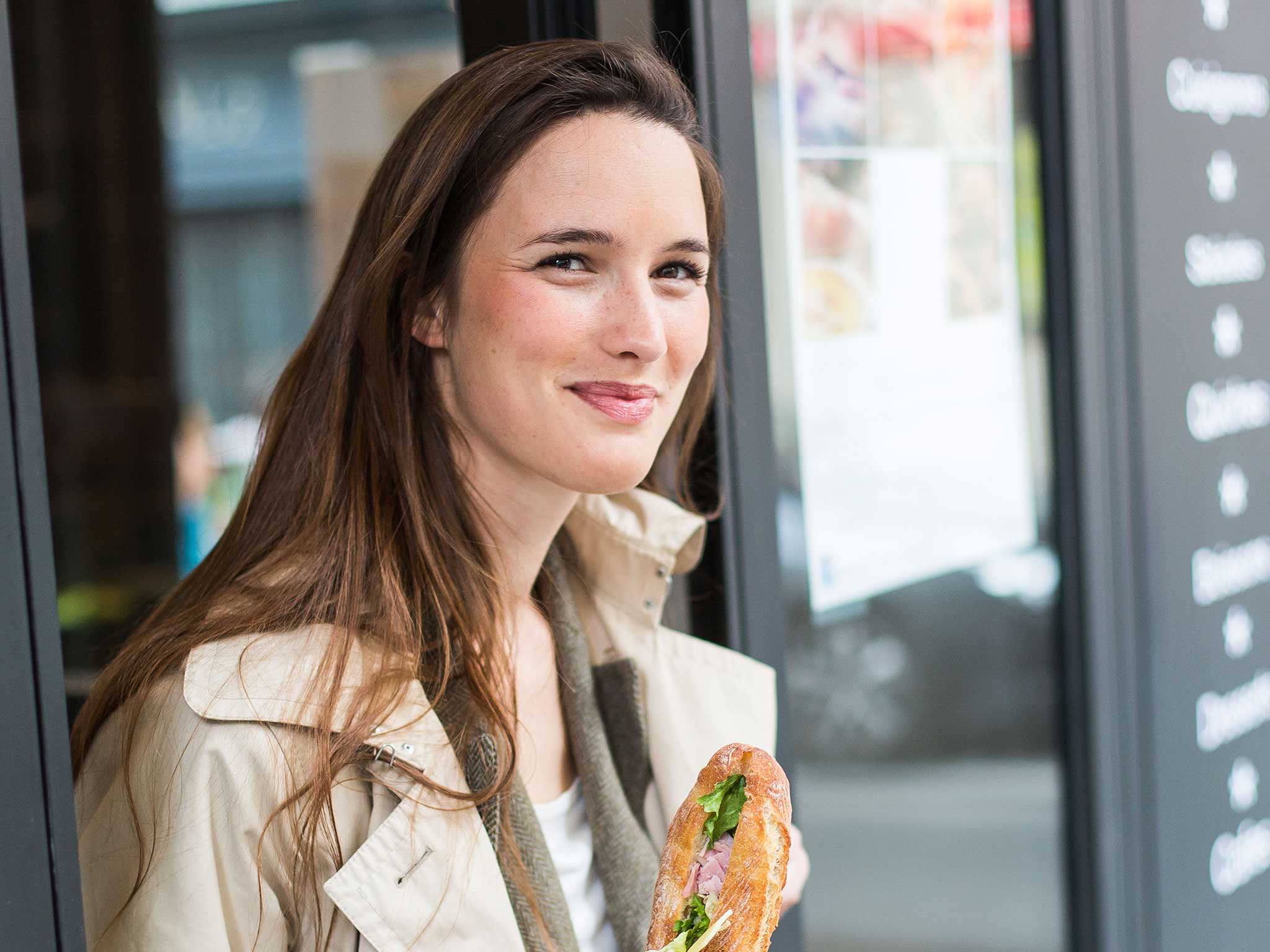What not to do when you're on a diet
Thought you were helping your diet? Think again

Your support helps us to tell the story
From reproductive rights to climate change to Big Tech, The Independent is on the ground when the story is developing. Whether it's investigating the financials of Elon Musk's pro-Trump PAC or producing our latest documentary, 'The A Word', which shines a light on the American women fighting for reproductive rights, we know how important it is to parse out the facts from the messaging.
At such a critical moment in US history, we need reporters on the ground. Your donation allows us to keep sending journalists to speak to both sides of the story.
The Independent is trusted by Americans across the entire political spectrum. And unlike many other quality news outlets, we choose not to lock Americans out of our reporting and analysis with paywalls. We believe quality journalism should be available to everyone, paid for by those who can afford it.
Your support makes all the difference.Walking during a diet may not be the best thing after all.
Researchers at the University of Surrey conducted a small study that found women who snacked as they walked were less likely to eat healthy later on.
The experiment, conducted with 60 female students and published in the Journal of Health Psychology, divided the participants into three groups.
In the first, the women ate a cereal bar while talking to friends, the second group ate while watching a five minute clip from a popular TV show and the third ate as they walked up and down a corridor.
Afterwards, the women were invited to a taste test as they completed a questionnaire. Snacks included carrot sticks, chocolate, grapes and crisps.
Researchers, who monitored how much each woman ate during the taste test and survey, found that those who had snacked as they walked ate as much as five times more chocolate than participants who had eaten a cereal bar while stationary.
Lead author professor Jane Ogden suggested the results may be because walking is a “powerful form of distraction which disrupts our ability to process the impact eating has on our hunger”.
"Or it may be because walking, even just around a corridor, can be regarded as a form of exercise which justifies overeating later on as a form of reward," she told the Journal of Health Psychology.
Although studies have been carried out assessing the impact of snacking on the go on individuals’ diets before, this is the first time researchers have examined the more immediate effects.
Given the short time span of the study, as well as its limited sample size, researchers acknowledged that further work is needed to determine the longer term effects of snacking on the move.
Join our commenting forum
Join thought-provoking conversations, follow other Independent readers and see their replies
Comments